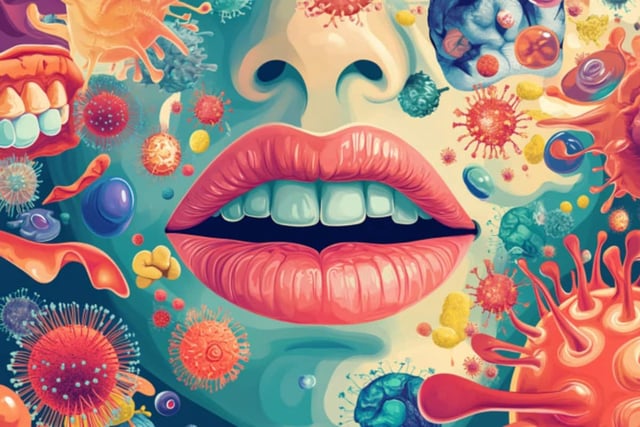Overview
- Researchers examined NHANES data from 2009 to 2012, including saliva samples and depression questionnaires, for over 15,000 US adults.
- The team found that participants with less diverse oral microbiomes were more likely to exhibit symptoms of depression.
- Smoking, alcohol consumption and dental care were found to affect the strength of the link between oral bacteria diversity and depressive symptoms.
- It remains unclear whether lower microbial diversity contributes to depression or if depressive behaviors drive changes in the oral microbiome.
- The findings suggest that, with further research, oral microbiome profiles could serve as biomarkers or therapeutic targets for mood disorders.


